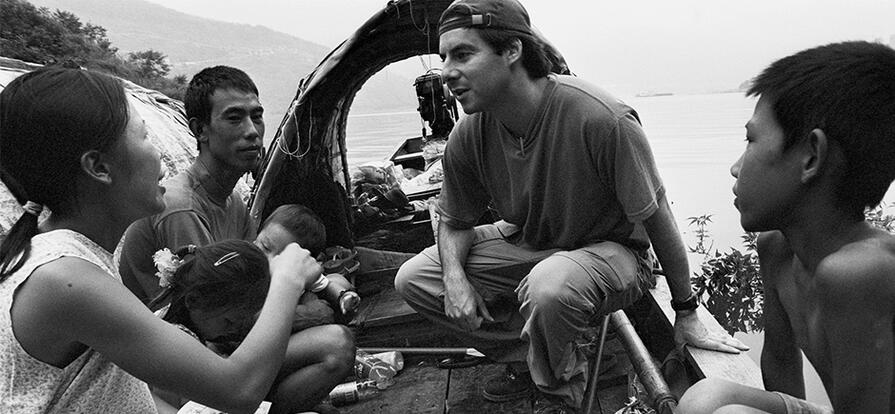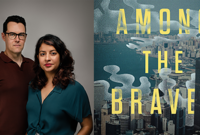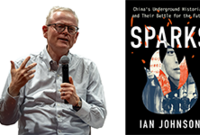English | 中文
China entered the 2000s riding a continuing wave of economic growth, while Beijing's triumphant bid to host the 2008 summer Olympics set off nationwide celebrations.
But the SARS outbreak in 2008, a hidden AIDS epidemic caused by peasants selling their blood, and a growing gap between the winners and losers in the process of reform produced heightened social and economic tension.
Against this backdrop, in the early years of the new millennium, China experienced a new kind of social liberalization, spurred by the emergence of the Internet, the activities of a new generation of legal activists, and a search for meaning among many Chinese at a time of bewildering change.
For the American press corps, it was an exhilarating period in which the worst of the restrictions imposed during the post-Tiananmen crackdown of the 1990s were eased, enabling reporters to dig into Chinese society in ways that had previously been difficult, if not impossible.
"The New Millennium" is the behind-the-scenes story of how the American press corps in China covered this period, when many of the themes that are shaping China today first began to take shape.
This video is also available on the USCI YouTube Channel.
Interviewees featured in this segment:
David Barboza
Hannah Beech
Andrew Browne
Wenchun Fan
Peter Ford
Michael Forsythe
Jeremy Goldkorn
Stan Grant
Peter Hessler
Ian Johnson
Joseph Kahn
Louisa Lim
Rebecca MacKinnon
Ching-Ching Ni
Evan Osnos
Philip Pan
Barry Peterson
John Pomfret
Elisabeth Rosenthal
Assignment: China is a signature project of the USC U.S.-China Institute. Most Americans continue to learn about China primarily through the media and we feel that it is vital to understand the process by which news about China is gathered and shared. Mike Chinoy, USCI senior fellow, reports the series which is filmed and edited by Craig Stubing. Clayton Dube conceived of the project and oversees it. Many students and volunteers assist with research, transcription, and translation.
Assignment: China is possible only because of the willingness of journalists and others to share their stories, documents, and images with us and through the generous financial support of individual and institutional donors. We are grateful to all those who have helped. Please click here to contact us or here if you would like to contribute.




